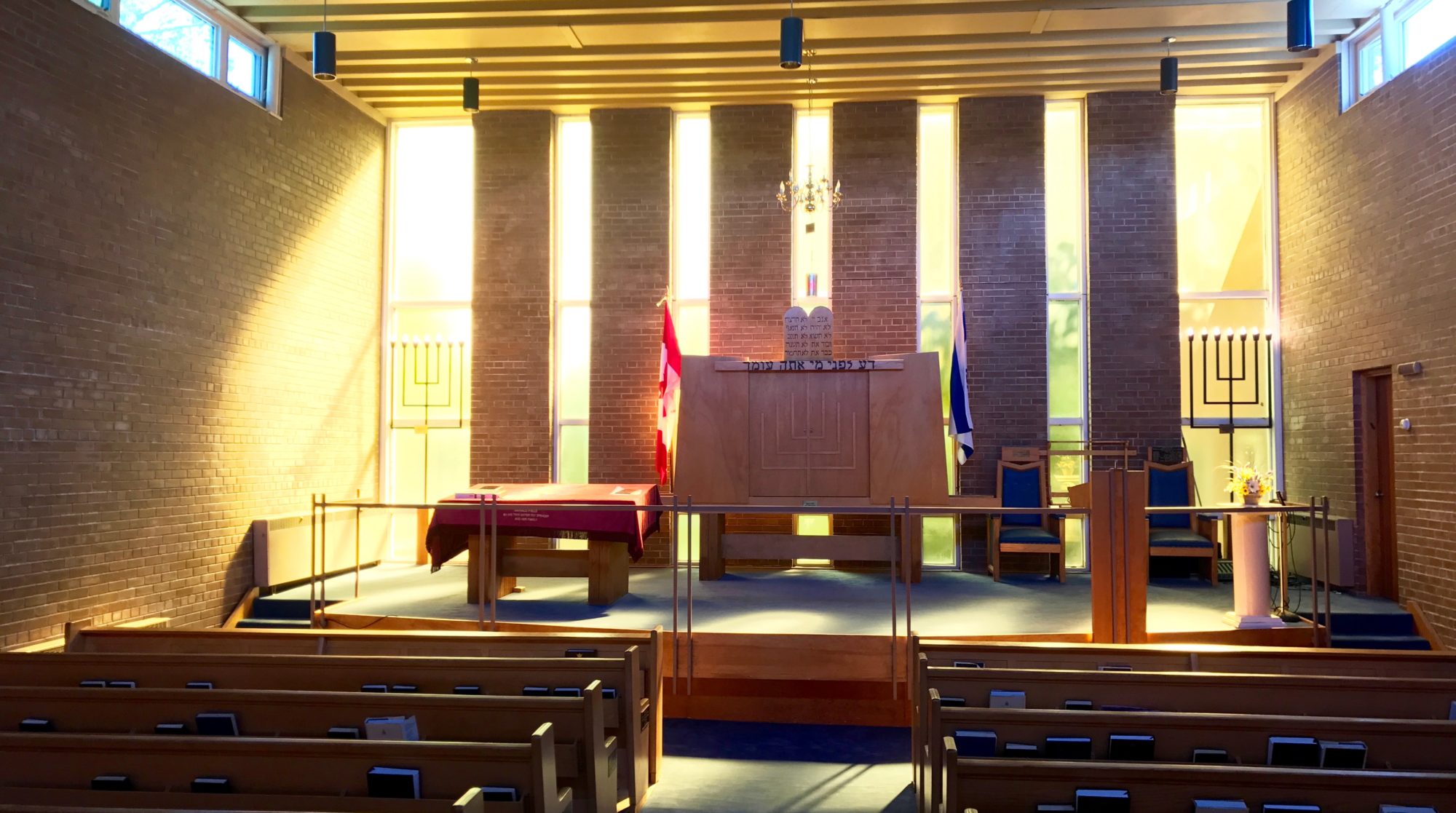Shabbat Shuva
by Jacques Abourbih
The Shabbat of “Return”
Meditate on this. 1. And Moses went, and he spoke the following words to all Israel. 2. He said to them, “Today I am one hundred and twenty years old. I can no longer go or come… 14. And the Lord said to Moses, “Behold, your days are approaching [for you] to die… 16. And the Lord said to Moses: Behold, you are [about to] lie with your forefathers,”
Parashat Vayelech, Deuteronomy 31:1-31:30
Meditate on this. There is a Midrash according to the tradition of the Beta Yisrael, the Ethiopian Felasha Jews from the tribe of Dan, that Yom Kippur falls out on the tenth of Tishrei because on that day Joseph meets his father Jacob after an estrangement of twenty-two years. Certainly both father and son harbored resentments one for the other. Father Jacob could not understand why Joseph who had risen to power as viceroy of Egypt had not thought to send a message that he was alive and well to his grieving father. Joseph could not understand how such an intelligent patriarch could have managed the family with such ineptitude. After all, Jacob openly demonstrated so much favoritism towards the eldest son of his beloved Rachel that he sowed the seeds of jealousy and thoughts of murder in the hearts of Joseph’s envious siblings. Nevertheless, father and son meet together in heartfelt rapprochement.
Meditate on this. I happened upon a fascinating instruction found in many High Holy Day prayer books (Machzorim) from two centuries back. I am referring to the most popular Avinu Malkenu (Our Father our King) prayer, which concludes with “Avinu Malkenu, please be gracious to us for no reason and answer us; we do not have meritorious good deeds; act in compassionate righteousness and loving kindness towards us and save us.”
In most early versions of the Mahzor Prayer Books, the following instruction is inserted – in small print – before this last Avinu Malkenu request: “The Holy Ark is to be closed before reciting this petition and it is to be uttered in a whisper.”
Meditate on this. On Yom Kippur the day’s high point is when the Kohen Gadol enters the Holy of Holies. The purpose of this most sacred entrance is to bring the offering of the fragrant incense, atonement for the sin of slander, an expression of causeless hatred. It is also one of the most difficult services in the Temple.
Much later in the afternoon, when he must remove his golden garments, he immerses himself in the Mikveh for a fourth time, puts on his white linen garments, and then enters the Holy of Holies once again. However, on this second occasion the Torah and the Talmud do not mention any offerings the he brings in before G-d. He enters simply empty-handed.
The imagery is striking. The High Priest concludes his Yom Kippur service by standing before the Almighty, just as he is, representing the Jewish people, devoid of merit, yet asking “on this day G-d [to] forgive (Israel) of all their sins to purify (them).”
In the end, Teshuva is being able to bring to G-d the gift of the “empty hands”, and asking to be forgiven and “to be gracious to us for no reason.”
Shabbat Shalom
